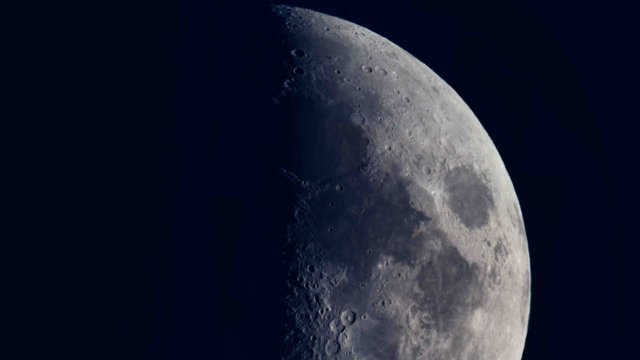New challenge seeks innovations from ESA’s offering 500,000 Euros
The European space agency has reported the Metalysis-ESA grand challenge, another challenge looking for development for future space missions. The ESA agency is giving 500,000 Euros as rewards for European innovations that specialize in the satellite surface. The new competition needs entries that involve process-monitoring systems compatible with Metalysis’ electrochemical cells, in line with the ESA. The Grand Challenge will issue both midterm prizes and a first prize under Phase 1 and Phase 2 of the competition.

At the end of Phase 1: A Project Report detailing the process to be implemented by the participants in order to develop the final Breadboard and its potential functioning.
At the end of Phase 2: The breadboard developed according to the requirements set forth in the Terms and Conditions and Final Project report based on the same structure as the one required for the Deliverable of Phase 1 including the user manual.
The Breadboard must demonstrate:
The ability to be attached to an existing electrochemical cell developed by the Sponsor and to retrieve process related data from the cell.
A total size of the equipment which is applicable to the size of the electrochemical cell, and modular with Sponsor’s technology scale up.
A level of energy consumption which is only marginal to the energy employed by the electrolytic cell.
The ability to detect changes occurring at the cathode during the process including the metallic status of the product.
Cascading, in order of preference, the following alternatives of point (4) may be considered:
- The ability to provide live information on the salt properties and composition.
- The ability to allow in-situ characterization of the flux of various species generated during the reaction, between the metal formed at the cathode and the molten salt.
The in-process monitoring techniques developed by the Participants in the Challenge should thus fulfil one or preferably more of the objectives listed below in a decreasing order of relevance:
- To detect changes occurring at the cathode during the process and to determine the fully metallic status of the product.
- To provide live information on the salt properties and composition.
- To allow in-situ characterization of the flux of various species generated during the reaction, between the metal formed at the cathode and the molten salt.
The following analysis techniques are considered to be of interest:
-X-ray diffraction
-X-ray fluorescence
-raman spectroscopy
-infrared spectroscopy
-laser spectroscopy
-neutron scattering
The moon has become the newest purpose of interest among area agencies round the world, likewise as personal corporations United Nations agency have visualized everything from mining valuable resources to establishing temporary housing units and quicker, additional advanced space-based net. National Aeronautics and Space Administration has elaborate its own conceive to come back to the satellite surface before following of following decade.
Source:
http://www.esa.int/About_Us/Business_with_ESA/ESA_Grand_Challenge/Requirements_of_the_Metalysis_ESA_Grand_ChallengePhoto credit: google Image

Hello @quinterolyndd! This is a friendly reminder that you have 3000 Partiko Points unclaimed in your Partiko account!
Partiko is a fast and beautiful mobile app for Steem, and it’s the most popular Steem mobile app out there! Download Partiko using the link below and login using SteemConnect to claim your 3000 Partiko points! You can easily convert them into Steem token!
https://partiko.app/referral/partiko
Congratulations @quinterolyndd! You received a personal award!
You can view your badges on your Steem Board and compare to others on the Steem Ranking
Vote for @Steemitboard as a witness to get one more award and increased upvotes!